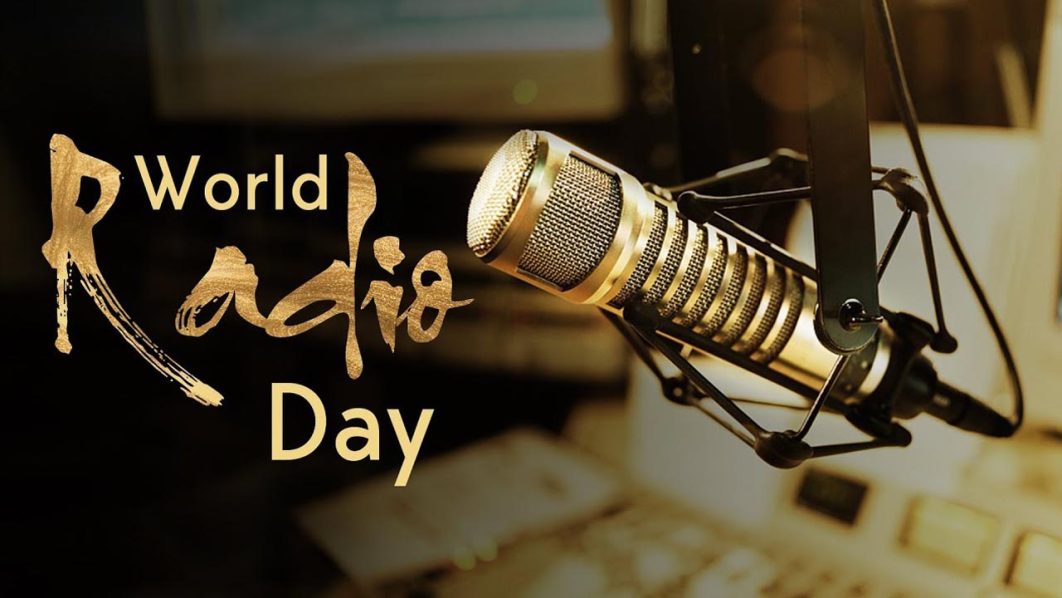
With the theme: “Radio and Peace,” United Nations Educational, Scientific and Cultural Organization (UNESCO) Director General, Audrey Azoulay said, “on this World Radio Day, we celebrate radio’s power to nurture and build peace. UNESCO calls on everyone– listeners, radio broadcasters and audiovisual professionals – not only to celebrate radio’s potential, but also, and especially, to make greater use of radio as a unique instrument of peace.”
Speaking in a similar vein, Media Rights Agenda (MRA) Communications Officer, Idowu Adewale, urged the Federal Government and the NBC to work with other stakeholders in the radio broadcast sector to enhance the use of radio as a means of disseminating information that would assist to foster peace, especially in the Nigerian context where conflicts and unrests, which have become quite common amid the scarcity of fuel, the inadequate supply of electricity, the challenges posed by the currency re-design as well as other crises rocking the country.
Developed about a century ago, radio has proven to be an exceptional means of communication, debate and exchange –indeed, it is one of the most accessible and widespread types of media.
In sub-Saharan Africa, where less than a quarter of the population has access to the Internet, radio has enabled the continuity of learning despite the difficulties.
The British Colonial Government adopted radio broadcasting in Africa to link them with their various colonies. By 1944 in Nigeria, distribution stations sprang up in Lagos, Kaduna, Enugu, Calabar and Port Harcourt.
Most of the content of the programme was British Broadcasting Corporation’s (BBC’s) external service in London. BBC’s signals were relayed on receivers through the rediffusion system. The Nigerian Broadcasting Service(NBS) was, however, established in 1951. In 1957, the NBS transformed into Nigerian Broadcasting Corporation (NBC).
The deregulation of the broadcast industry in 1992 launched the country into an era of private broadcasting in 1994 when Ray Power 100.5FM made its debut in Lagos. The station, managed by DAAR Communications, became the first independent station to run a 24-hourservice in Nigeria.
Today, radio has evolved with many private, government-owned and campus and family radio stations, as well as Traffic Radio. Radio stations can also be listened to anywhere in the world by downloading apps. Many campuses of Nigeria’s universities and polytechnics have also been issued licences, like UNILAG FM with Prof. Ralph Akinfeleye, as the pioneer chairman.



